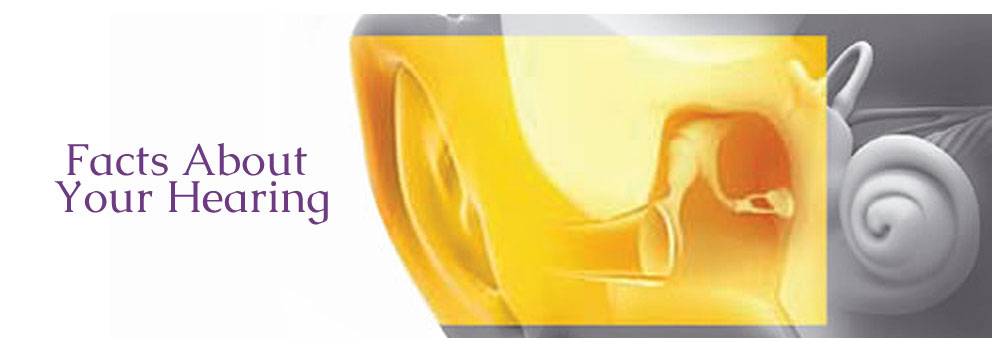© Copyright 2023 Advanced Professional Hearing Aid Services, Inc. and Mid-Valley Hearing Center.
All Rights Reserved. | Notice of Privacy Practices | Disclaimer | Powered By: EZToUse.com

We all may admit that good hearing is essential to our full enjoyment and participation in life. However, one-in-ten Americans—over 36 million people—experience some degree of hearing loss, yet it goes ignored for the most part. Hearing loss is the third leading chronic health condition among seniors, after arthritis and high blood pressure.
With this in mind, here are some other important hearing loss facts you may find interesting:

If you think you may be hard of hearing, surveys show that the typical person with hearing problems waits over five years to see a healthcare professional about the problem. Although hearing loss is not a life-threatening condition, it can lower the quality of life for those who have it. Good news, however, is that clinical studies show that when hearing aids are properly fitted and used actively, these devices improve the overall quality of life for their users significantly.
There are definite downsides of choosing to wait without having your hearing examined and/or assisted properly. This is especially true if you are exposed to a high amount of loud noise or other hearing safety problems on a regular basis. Listed below are some good reasons for taking prompt action if you think you may be experiencing a loss of hearing:
Considerable evidence suggests that persons with untreated hearing loss may be more depressed and isolated socially compared to those of similar age who wear hearing aids. This may significantly affect an individual’s quality of life on a daily basis, compared to those who enjoy greater hearing with the use of hearing instruments.
One of the best ways to prevent noise-induced hearing loss (NIHL) is to avoid harmful noises. Many of our more modern-day environmental sounds that we are exposed to every day can be the cause of hearing loss. These include: car horns and theft alarms, jet planes, headphones, office machines, rock concerts, or club atmospheres, lawn mowers and other outdoor equipment.
NIHL is preventable when we limit our overexposure to high-volume sounds. The louder the sound you are exposed to, the shorter period of exposure it takes to damage the hair cells inside your ear that transmit sounds to your brain. Exposure to very loud noises at an event (such as a loud music concert or car race) can cause hearing impairment, sometimes accompanied by ringing in the ears, that may or may not go away over time.
The use of hearing protection can provide you a measure of safe hearing that reduces possible hearing damage and loss. Your professional audiologist can share more with you during your consultation.
Call to schedule your consultation with our audiological experts today!
We can answer questions about hearing loss at Mid-Valley Hearing Center, where our professionals share accurate hearing facts.
© Copyright 2023 Advanced Professional Hearing Aid Services, Inc. and Mid-Valley Hearing Center.
All Rights Reserved. | Notice of Privacy Practices | Disclaimer | Powered By: EZToUse.com